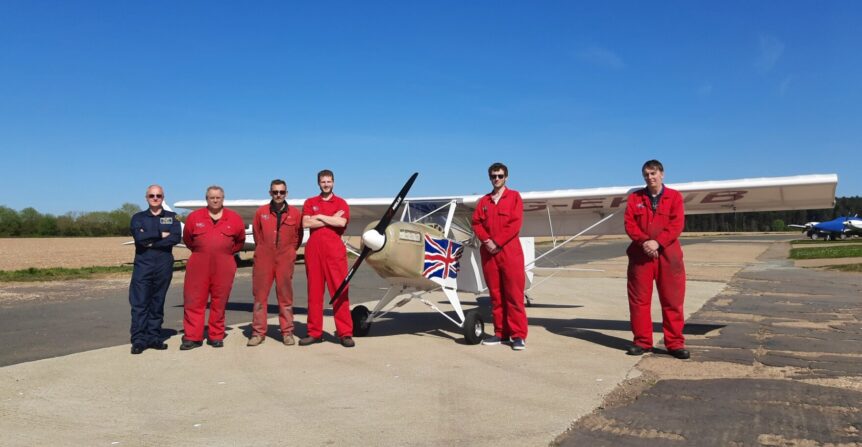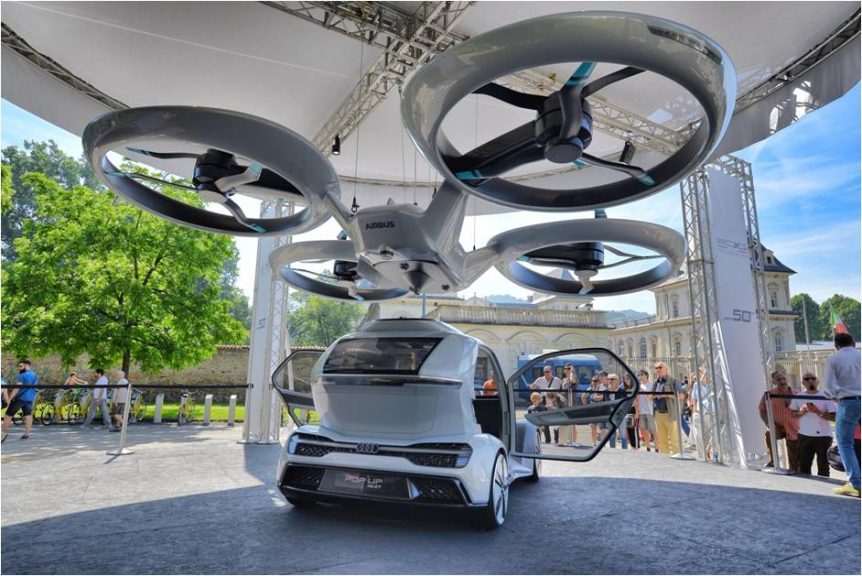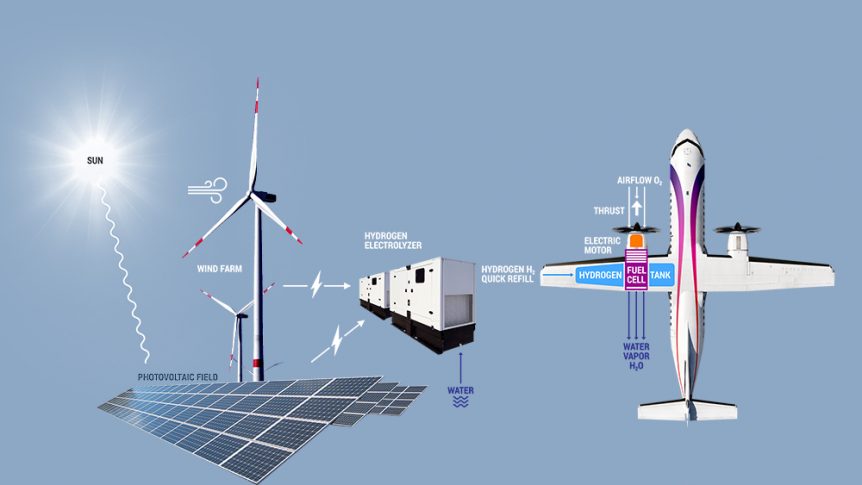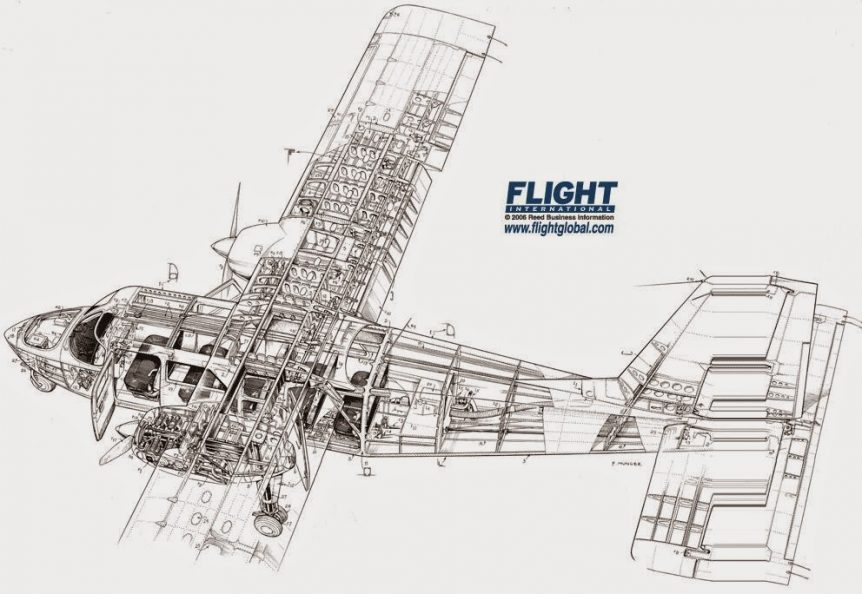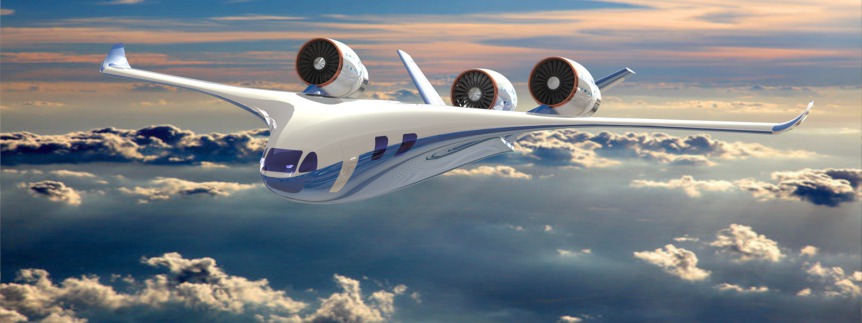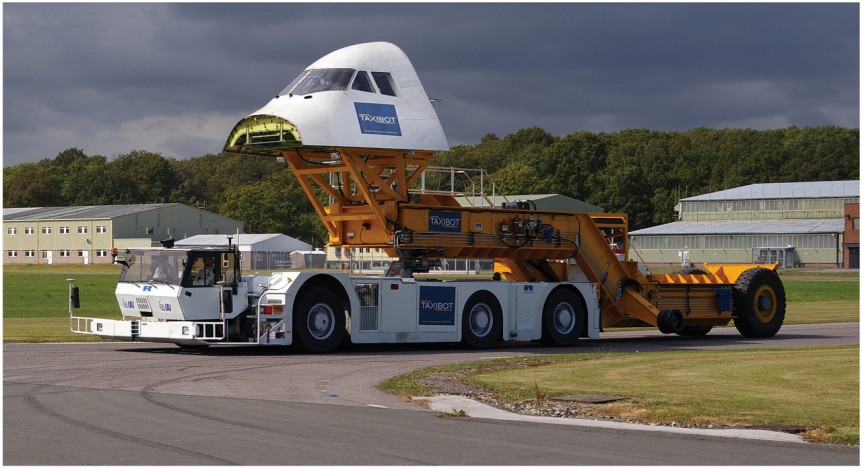A Proper British Aeroplane eKub is the latest offering from The Light Aircraft Company (TLAC), a British company that specializes in modern adaptations of classic-themed flying machines. At nearby Cranfield University, Dr Guy Gratton, Associate Professor of Aviation and the Environment, teaches and acts as test pilot on the eKub. Gratton is also an Associate Fellow of the Society of Experimental Test Pilots. TechXplor reports, “After taxi tests and “low hops,” the single seat Sherwood eKub made its first flight of 10 minutes and then a second flight later in the day of 22 minutes from Little Snoring airfield in Norfolk.” He can’t seem to get enough of the little ultralight single seater, posting a Tweet showing his takeoff in G-EKUB. He reports, “Back in the electric office today, more lessons learned, more progress towards practical and viable electric aeroplanes.” In response to a reader’s question about battery limits on flight time, he explains, “Looking increasingly that we’ll hit our …
Rising Above It: How the Automotive Industry is Elevating Urban Air Transport
Introducing Giles Kirkland Editor’s Note: Today’s guest writer, Giles Kirkland, “… is a passionate car expert and dedicated automotive writer. He always researches on the newest car technologies and willingly tries them out, then sharing his thoughts and expertise with other automotive and technology enthusiasts across the globe. You can find Giles and his ideas at Oponeo and on Twitter.” Since he lives in England, he tends to spell things like “tyres” differently, but also writes about them with great depth and charm. Herewith, his introduction to our readers. We hope to feature his insights in future outings. Many governments, industries and groups push for a “green recovery” from the COVID-19 pandemic or simply make increasing efforts towards reducing the negative impact of people’s daily practices on the environment. We look at how the automotive industry is already backing sustainable aviation—and why. Why the Car Industry Cares about Green Aviation The car industry has expertise in mass-producing vehicles to high safety standards …
Hydrogen Malibu’s on Two Continents
Tuesday, June 23, ZeroAvia flew a hydrogen-powered Piper Malibu from Cranfield Airport in England., eight time zones from ZeroAvia’s home base in Hollister, California. Flown by Andrew Dixon, that and a subsequent flight gained extra publicity for “a James Bond stunt pilot*” helming the first electric aircraft capable of carrying passengers from a United Kingdom airport. Dixon reported that the battery-powered Piper Malibu needed 10 per cent less distance for take-off and climbed faster than normal. The Airplane Was the Real Star Reflecting the high-flying status of the test pilot, the airplane, part of a government-funded “HyFlyer” project, flew two missions on two days of 15 and 25 minutes each. Its two automotive-based batteries easily carried the six-passenger aircraft on its tours of the Bedfordshire countryside. The second of two Piper Malibus to be converted by ZeroAvia, the craft will be converted to hydrogen power before an October or November “300-mile flight from Orkney to an airport on the Scottish …
Loganair to Pioneer Island-Hopping Electric Flight
An Eccentric Problem It seems quaint and charming, typically British as we used to understand them from vintage films. The idea of taking a 1.7 mile flight from Westray in the Orkney Islands to Papa Westray within visual range may seem a bit eccentric. The landing on the beach at low tide seems even more so. Loganair, which serves the Orkney Islands, experiences many ups and downs in a day, their longest flight taking a mere 15 minutes. Twice-a-day flights between the Westrays can be disrupted by North Sea weather, as can boat passages between the islands, which often take two turbulent hours. Obligingly, the airline offers flex tickets good for essentially – whenever. Fares seem reasonable, though, a one-way trip either way costing 7.25 Pounds ($8.72). Beyond the scheduling difficulties, operation of air-cooled engines for such short flights does not promote long periods between overhauls. Electric motors are ideal for such duties. A Reasonable Solution Cranfield University in the …
Starling Jet Comes in Three Sizes
The Starling Jet now joins electric or hybrid flying commuter craft from sources all over the world. A Middle-East backed, London-based project, the Starling Jet is swoopy and high-winged, and comes in three sizes with different missions. The Commuter Craft Trifecta Time, a most precious commodity, is the major selling point for most of these sky taxis. Saving an executive’s schedule enhances productivity, whether it’s whisking a CEO over the traffic jams in Dallas or Dubai. For many similar machines, the impetus is to democratize the flight experience, offering many an Uber-like experience at Uber-like prices. Samad Aerospace, creator the Starlings, is looking toward a more exclusive market. All such craft promise the convenience of point-to-point transportation, foregoing intermediate shuttle or cab rides to get to an airport, while expanding the range of takeoff and landing locations. Like Los Angeles, which once required flat roofs on new high-rises to accommodate helicopter traffic, other urban areas may changes zoning and other …
Fuel Cells for Taxiing
What seemed like an easy transition a few years ago has been delayed by one developer. “Safran and Honeywell have delayed by two years the planned entry into service of their electric green taxiing system (EGTS), a device designed to enable an airplane to taxi with its engines shut down. Aviation International News (AIN) quoted a spokesperson as saying, “The team is still working on the program with a goal of certification in 2018 and entry into service shortly after.” The system uses motors on the main gear to enable taxiing under power. One of several competing systems, WheelTug, has motors on the nose gear only. Wheeltug uses a Boeing 737-800 as a testbed for the certification program. A United States company with manufacturing apparently based in Gibraltar, WheelTug claims orders for 985 systems by 22 airlines. Another system, TaxiBot, was developed by Israel Aerospace Industries in cooperation with France’s TLD, Germany’s LufthansaLEOS, the ground-handling component of the airline. The …

